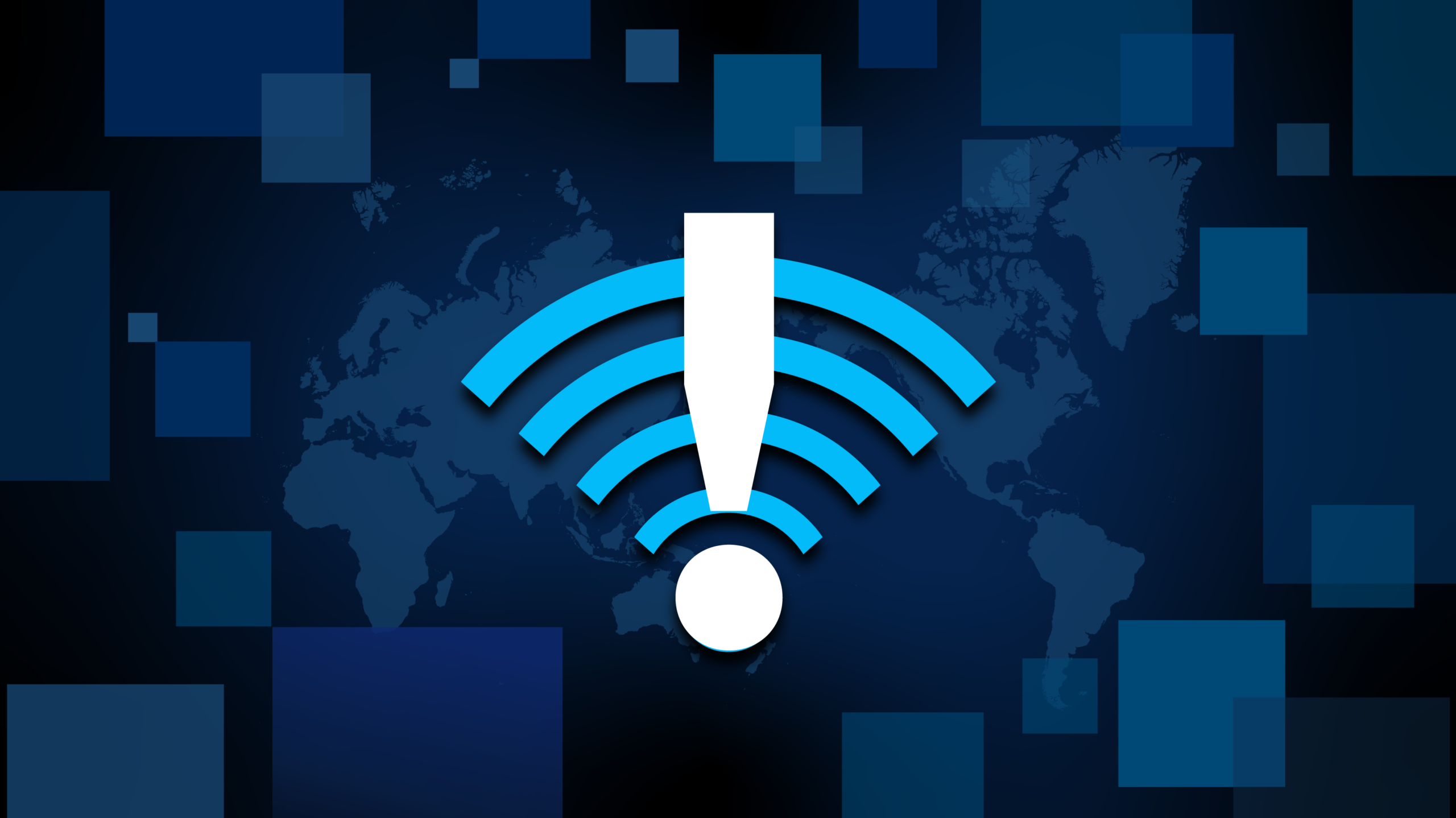Table of Contents
Pakistan’s Internet Slowdown: Key Information
Pakistan has been grappling with a significant internet slowdown in recent weeks, causing widespread frustration and disruption to businesses and individuals alike. While the Pakistan Telecommunication Authority (PTA) has attributed the issue primarily to faults in submarine cables, the slow speeds and intermittent connectivity have sparked concerns about potential government censorship and the broader impact on the country’s economy.
The Submarine Cable Conundrum
The primary culprit behind the slowdown, according to the PTA, is the damage to two of Pakistan’s seven international submarine cables. These underwater cables are vital for connecting the country to the global internet backbone. The SMW-4 cable, in particular, has been experiencing issues since June 2024, and its repair is expected to take several more weeks.
While the PTA has consistently maintained that the slowdown is solely due to technical problems with the cables, many internet users and experts remain skeptical. The timing of the slowdown, coinciding with increased government scrutiny of online content and the prolonged ban on the social media platform X, has fueled suspicions of intentional interference.
Government’s Role and Transparency
The government’s response to the internet slowdown has been met with mixed reactions. On one hand, the Information Technology Minister, Shaza Fatima Khawaja, has denied any government involvement in throttling internet speeds, emphasizing the ongoing upgrades to the country’s web management system for cybersecurity purposes.
However, the PTA’s conflicting statements and the lack of transparency regarding the exact nature of the submarine cable damage have raised questions about the government’s intentions. Critics argue that the authorities are using the cable faults as a pretext to implement more restrictive internet policies.
Economic Impact and Public Discontent
The internet slowdown has had a significant economic impact on Pakistan. Businesses, particularly those reliant on online platforms and e-commerce, have faced disruptions and financial losses. The Telecom Operators Association has warned that the sluggish internet could cost the country billions of rupees annually.
Public discontent has been mounting as users struggle with slow loading times, video buffering, and difficulty accessing online services. The widespread frustration has led to protests and calls for accountability from the government.
The Way Forward
Addressing Pakistan’s internet woes requires a multifaceted approach. While the repair of the submarine cables is essential, the government must also prioritize transparency and accountability in its internet policies. It is crucial to foster a conducive environment for digital innovation and protect the fundamental rights of internet users.
Furthermore, Pakistan needs to invest in diversifying its internet infrastructure to reduce its reliance on a few submarine cables. This could involve exploring alternative connectivity options, such as satellite internet or terrestrial fiber optic networks.
As the country continues to grapple with the internet slowdown, it is imperative that the government and relevant authorities work together to find sustainable solutions that ensure a reliable and accessible internet for all citizens.
Additional Data and Analysis
To provide a more comprehensive understanding of Pakistan’s internet slowdown, here are some additional data points and analysis:
- Internet Speed Trends: According to Ookla’s Speedtest Global Index, Pakistan’s average fixed broadband download speed in July 2024 was 17.29 Mbps, ranking 103rd out of 180 countries. This represents a decline from previous months.
- Impact on Businesses: A survey conducted by the Pakistan Business Council (PBC) found that over 70% of businesses have experienced negative impacts due to the internet slowdown, including decreased productivity, revenue losses, and customer dissatisfaction. [Table of survey results on the impact of internet slowdown on businesses]
- Social Media Usage: Despite the challenges, social media usage in Pakistan has remained high. According to Statista, Facebook has over 40 million active users in the country, while WhatsApp has over 30 million. [Chart of social media usage in Pakistan]
- Government Initiatives: In response to the slowdown, the government has announced plans to invest in upgrading the country’s internet infrastructure and improving cybersecurity measures. However, the implementation of these initiatives remains to be seen.
The internet slowdown in Pakistan has had far-reaching consequences, affecting both individuals and businesses. While the technical issues with submarine cables are a significant factor, the broader concerns about government censorship and the lack of transparency remain unresolved. Addressing these challenges requires a concerted effort from the government, telecom operators, and internet users to ensure a reliable and accessible digital future for Pakistan.
Pakistan’s Internet Slowdown: Key Information
| Issue | Details |
|---|---|
| Cause | Damaged submarine cables (SMW-4 and AAE-1) |
| Impact | Reduced internet speeds, difficulty accessing online services, economic losses |
| PTA’s Claim | Submarine cables are the primary culprit, government not involved in throttling |
| Government’s Response | Denies involvement, emphasizes cybersecurity upgrades |
| Economic Impact | Potential losses of billions of rupees annually |
| Public Reaction | Widespread frustration, protests, calls for accountability |
| Future Outlook | Need for infrastructure diversification, improved transparency, and government accountability |
Additional Data
- Average fixed broadband download speed: 17.29 Mbps (July 2024)
- Impact on businesses: Over 70% of businesses negatively affected
- Social media usage: High levels of Facebook and WhatsApp usage
This table provides a concise overview of the key information related to Pakistan’s internet slowdown.


Leave a Comment